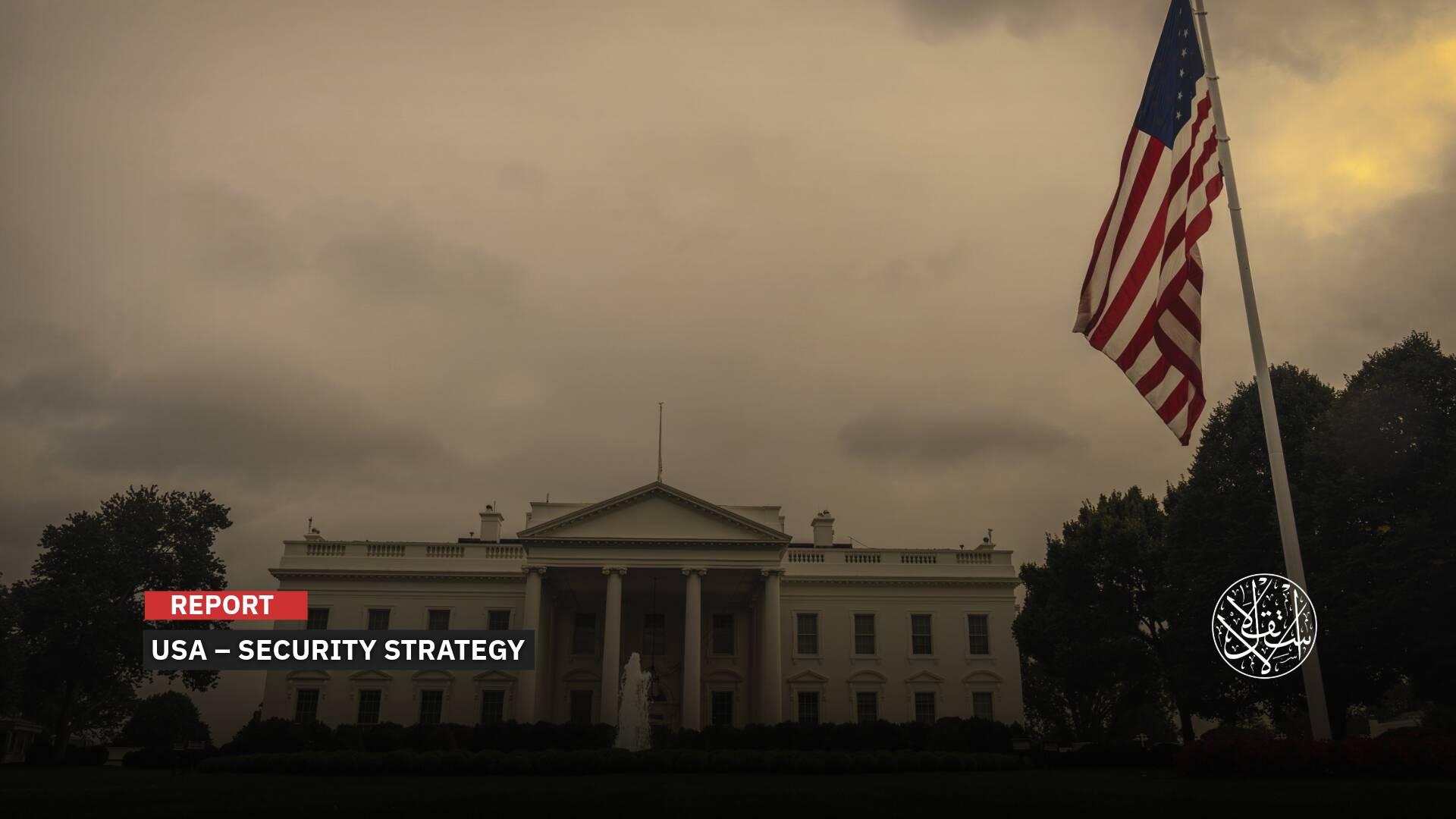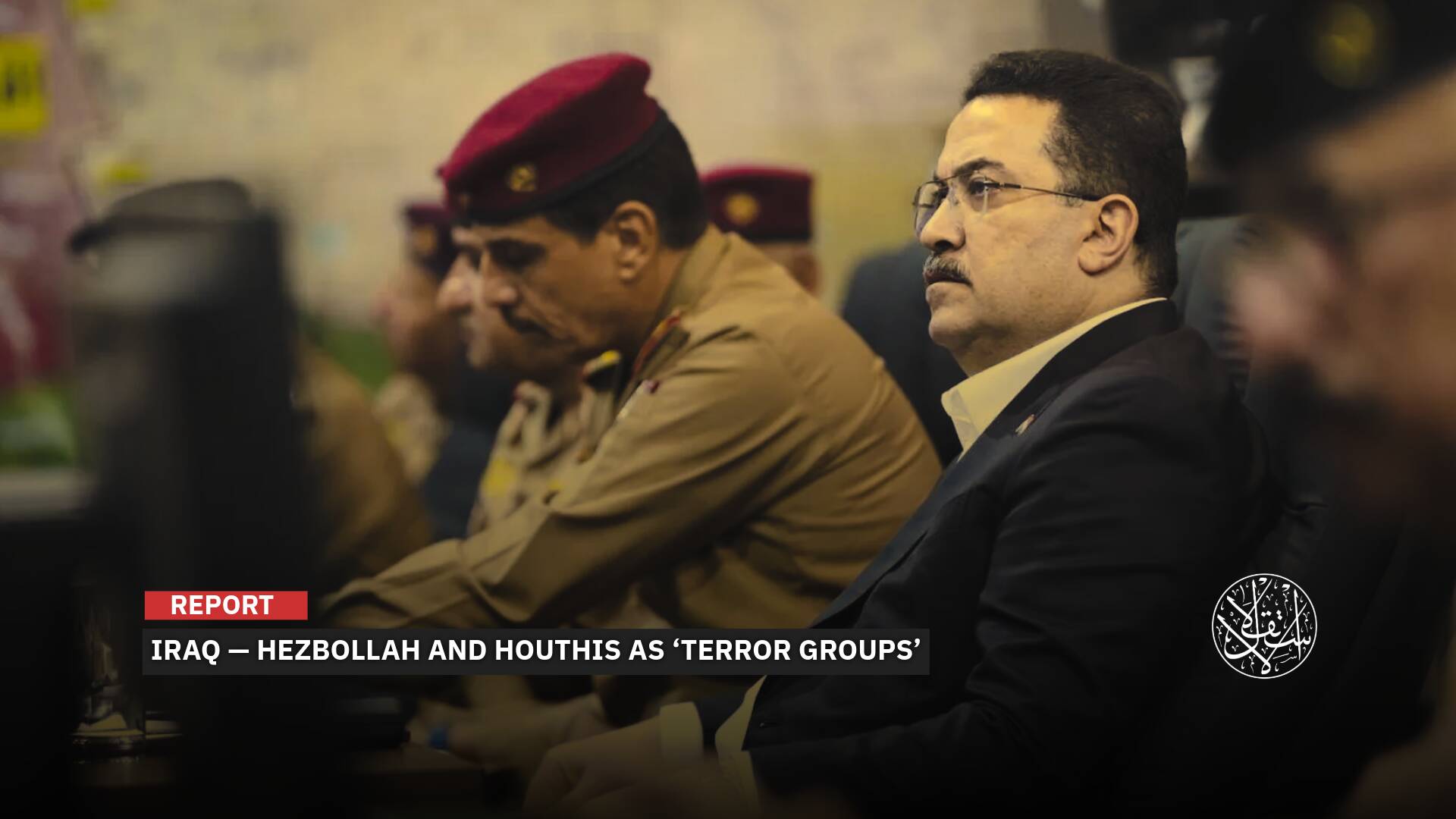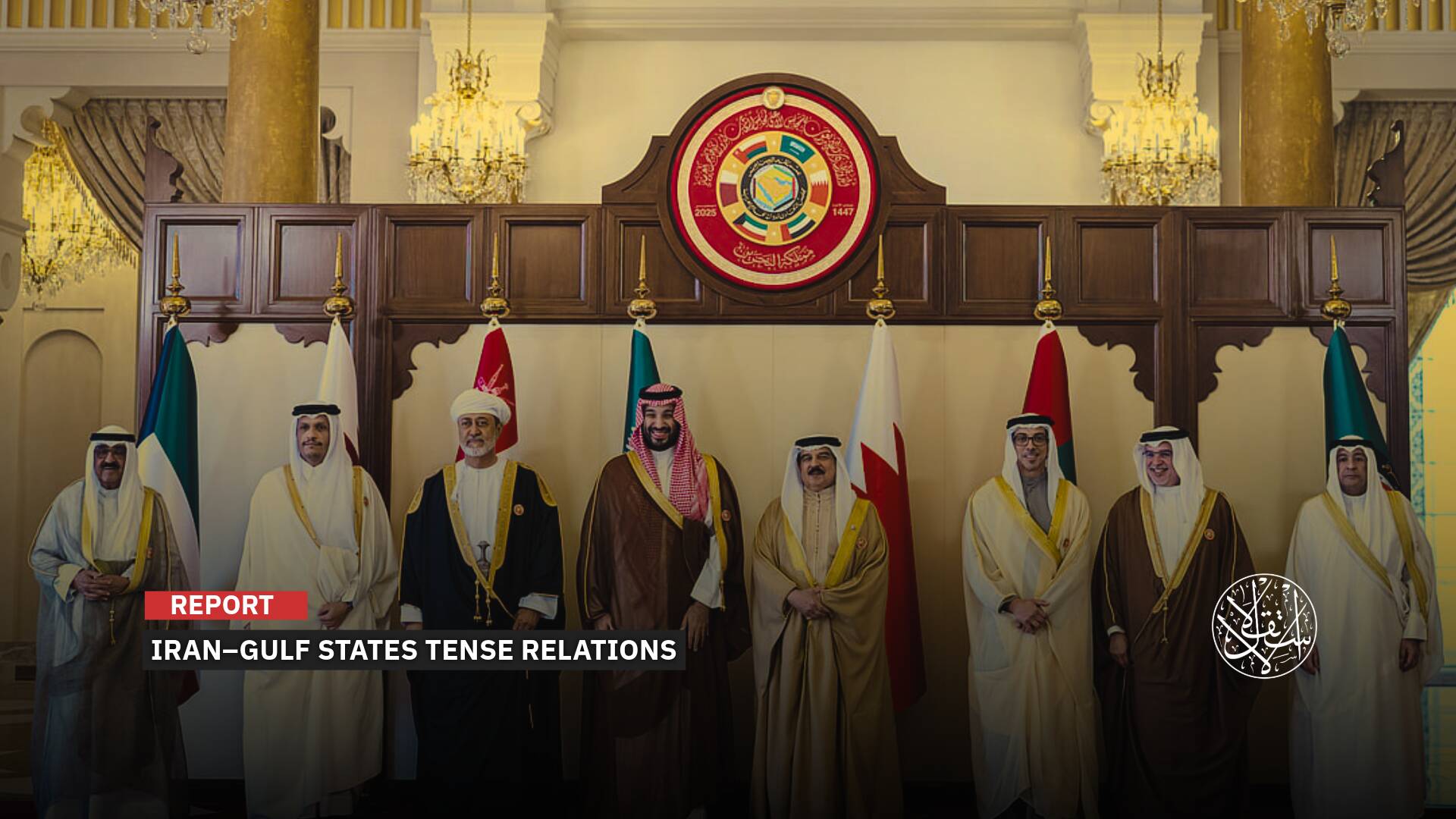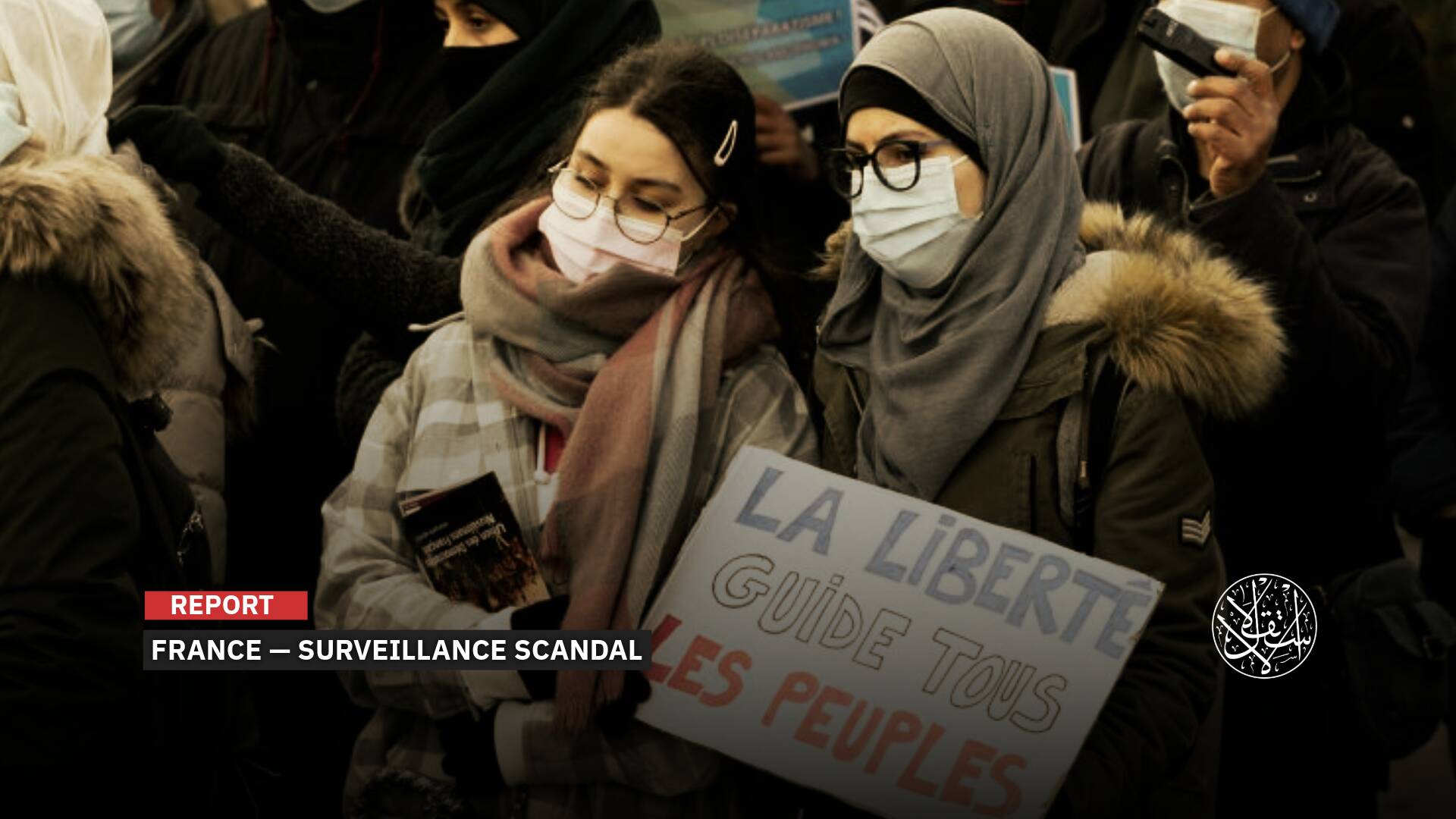A Bold Move: Why Did Germany Rush to Establish a Joint Economic Council with Syria?

Strengthening ties between Berlin and Damascus boosts the country’s ability to attract key investments.
After the fall of Bashar al-Assad’s regime, Germany—Europe’s leading economic power—emerged as a key supporter of rebuilding a new Syria. Berlin has taken gradual steps to boost Syria’s economy and improve living conditions for its people. Data shows Germany’s steady progress in positive actions toward the new Syria since Assad’s fall on December 8, 2024, including enhanced diplomatic and economic cooperation with Damascus.

Coordinating Council
In a significant step forward, Syria and Germany agreed on June 17, 2025, to establish a Joint Economic Coordination Council aimed at boosting cooperation and opening new opportunities for trade between the two countries.
This agreement came during a phone call between Syrian Foreign Minister Asaad al-Shaibani and his German counterpart, Johann Wadephul, according to a statement from the Syrian Foreign Ministry.
The two ministers discussed urgent regional issues and bilateral relations. Al-Shaibani expressed Syria’s eagerness to strengthen diplomatic cooperation with Germany across various fields.
Meanwhile, Germany’s special envoy to Syria, Stefan Schneck, emphasized that Germany is supporting Syria in building a prosperous future.
“German FM Johann Wadephul and Syrian FM Asaad al-Shaibani agreed to establish a German-Syrian Economic Cooperation Council to support Syria's reconstruction and an inclusive political process,” Schneck wrote on X.
“Germany is helping Syria move beyond the past and work towards its future as a prosperous, free and diverse country.”
On May 20, 2025, the European Union decided to lift all economic sanctions imposed on Syria, including those targeting the Syrian Central Bank and key companies in the vital energy and finance sectors.
Germany played a pivotal role in this decision. The German government, along with other EU members, now seeks to begin working with the new Syria.
Wadephul said in a press statement on May 20, 2025: “We are thus giving the Syrian government an opportunity, but we also expect a policy of inclusion.”
Germany’s new Federal Minister for Development, Reem Alabali Radovan, stated, “This is a moment of hope and a new beginning for the people of Syria; to ensure a fresh start in Syria that is peaceful and successful, it is crucial that the economy recovers and that people can meet their basic needs.”
“Lifting the sanctions will increase Syrian society’s ability to help itself. A successful new start in Syria also requires strong international support. Many countries are ready to provide this,” she said.
Alabali Radovan, the first German minister with immigrant roots, also called on Syrian refugees in Germany on June 16, 2025, to play an active role in Syria’s reconstruction.
She affirmed that the German government will not leave the Syrian people alone, noting that the Syrian community in Germany has valuable skills and expertise and can be a partner in rebuilding their homeland.
Germany hosts the largest Syrian community in Europe, having welcomed one million refugees since the 2011 uprising in Syria.
Germany’s opening toward Syria began earlier when former German Foreign Minister Annalena Baerbock and her French counterpart Jean-Noel Barrot visited Damascus in early January 2025 and met with President Ahmed al-Sharaa.
Following that visit, a German diplomatic team was stationed in Damascus to continue supporting Syria on multiple levels, including humanitarian aid and easing sanctions.
The German embassy in Damascus reopened in March 2025, marking the end of a 13-year closure, with the aim of strengthening political dialogue.
In Syria, the United Nations reports that 16.7 million people out of nearly 24 million depend on humanitarian aid.
Around 13.5 million Syrians remain refugees or internally displaced, according to the UN High Commissioner for Refugees.
Amid this ongoing humanitarian crisis, the German government continues to provide emergency aid.
Berlin also pledged €300 million to support Syrians at the Brussels Conference on Syria in March 2025.

Breaking the Isolation
The establishment of a joint economic council between Syria and Germany comes at a critical time as Syria seeks economic recovery, serving as a supportive step.
The council’s main roles include enhancing communication, identifying trade and investment opportunities in Syria, addressing challenges to economic relations growth, and overseeing cooperation across all sectors between the two countries.
Germany’s support for Syria has taken a practical turn by exploring the extent of cooperation it can offer to the new Damascus.
Notably, after Assad’s fall, the German parliament’s budget committee paved the way for partnerships to help Syria recover and rebuild.
On the Syrian side, the government has started exploring cooperation with Germany, looking to benefit from its successful post-World War II economic recovery experience.
For example, on June 16, 2025, Syrian Transport Minister Yarob Badr held a virtual meeting with Syrian experts working in Germany’s transport sector to explore potential collaboration and leverage their advanced expertise.
Badr stressed the ministry’s keenness to benefit from Germany’s leading experience, especially in smart systems and sustainable transport.
He highlighted the importance of keeping up with modern technological developments to improve Syria’s transport infrastructure efficiency.
The Syrian experts in Germany outlined possible support areas for Syria, including supplying advanced engineering equipment, modern software, and aiding administrative and institutional restructuring strategies, emphasizing the need for practical steps to activate this cooperation.
Observers say the joint economic council will facilitate German support to several Syrian ministries.
“Establishing the council at this stage is a positive, strategic move showing that Berlin and, by extension, Europe, do not want to be absent from Syria’s affairs after years of Russian and Iranian dominance,” Syrian economic expert Firas Shaabou told Al-Estiklal.
“Syria is entering a reconstruction phase with massive inflows of money and investments, where Germany is expected to play a key role as Europe’s main partner in the region.”
He sees Germany’s efforts as breaking Syria’s isolation to encourage other countries to take similar steps that will activate the Syrian economy and push it forward in an integrated way.
“The formation of such a council means Germany will provide technical support, especially given the presence of major, highly experienced German companies in technology transfer, infrastructure and industrial rehabilitation, and energy and electricity projects,” Shaabou added.
“The gradual revival of international cooperation with Syria requires openness from Damascus to foster a welcoming investment climate, supported by Germany.”
The expert confirmed that Germany has already taken practical steps to assist Syria in various fields, including the involvement of German organizations in restoring historical sites in Aleppo province.
Industry is a major contributor to Germany’s GDP, accounting for 27%—much higher than most advanced EU economies.
Germany also has the highest global proportion of university graduates in science, technology, engineering, and mathematics (STEM).
“The presence of skilled Syrian refugees contributing to Germany’s economy encourages Berlin to retain them while supporting their home country’s development, as Germany possesses the resources to assist in infrastructure and other vital sectors,” Shaabou said.
Earlier, in mid-January 2025, German Development Minister Svenja Schulze visited Damascus and described Syria’s situation as a “historic opportunity” for a fresh start.
Schulze explained that under an expanded partnership program, doctors from Germany can visit Syria to provide medical training or train their Syrian colleagues on new equipment.
She added that Syrian doctors could also come to Germany for training in medical and organizational matters. About 5,800 Syrian doctors are currently working in Germany.
Schulze noted that while Syria’s new authorities are keen to bring back skilled workers and professionals who fled the country, Germany also has an interest in retaining them, emphasizing “their vital role in our healthcare system.”

An Economic Partner
Germany stands out as one of the leading European countries poised to become a major economic partner for Syria, largely due to hosting the largest and most economically powerful Syrian diaspora in Europe.
Strengthening ties between Berlin and Damascus could also help attract significant investments to Syria.
Saber al-Khatib, a Syrian refugee living in Germany, points out that “Syrian individuals here have started organizing workshops to support their homeland in various fields through small projects and training programs that could eventually employ 25,000 Syrians.”
“In June 2025, Syrian academics from diverse specialties held the largest European gathering in technology and entrepreneurship at SAP Berlin, Europe’s biggest tech company headquarters,” he told Al-Estiklal.
“The outcomes of these workshops will be put into practice in Syria through field visits planned for August 2025 to begin project implementation.”
Al-Khatib noted that the joint economic coordination council could help overcome many logistical challenges, especially since Syrian investors and entrepreneurs want to contribute to rebuilding Syria in their respective fields, in cooperation with major global companies supporting a technological revival in the new Syria.
Improved international signals toward Syria are crucial to reassuring investors, particularly following the U.S. decision in May 2025 to lift sanctions on Syria.
Additionally, an International Monetary Fund delegation visited Syria for five days starting June 10, 2025—their first visit since 2009—to assess economic and financial conditions.
The mission also aimed to consult with Damascus authorities on necessary policies and measures to support the Syrian government in shaping and implementing its economic strategies.
Sources
- German foreign policy in troubled times
- Foreign Minister Johann Wadephul and Development Minister Reem Alabali Radovan on the lifting of all economic sanctions against Syria
- German government supports Syrian transition process [German]
- Syria and Germany agree to establish a joint economic council [Arabic]
- The Minister of Transport holds a video conference meeting with Syrian experts in Germany [Arabic]
- German development minister in Syria to talk health care











